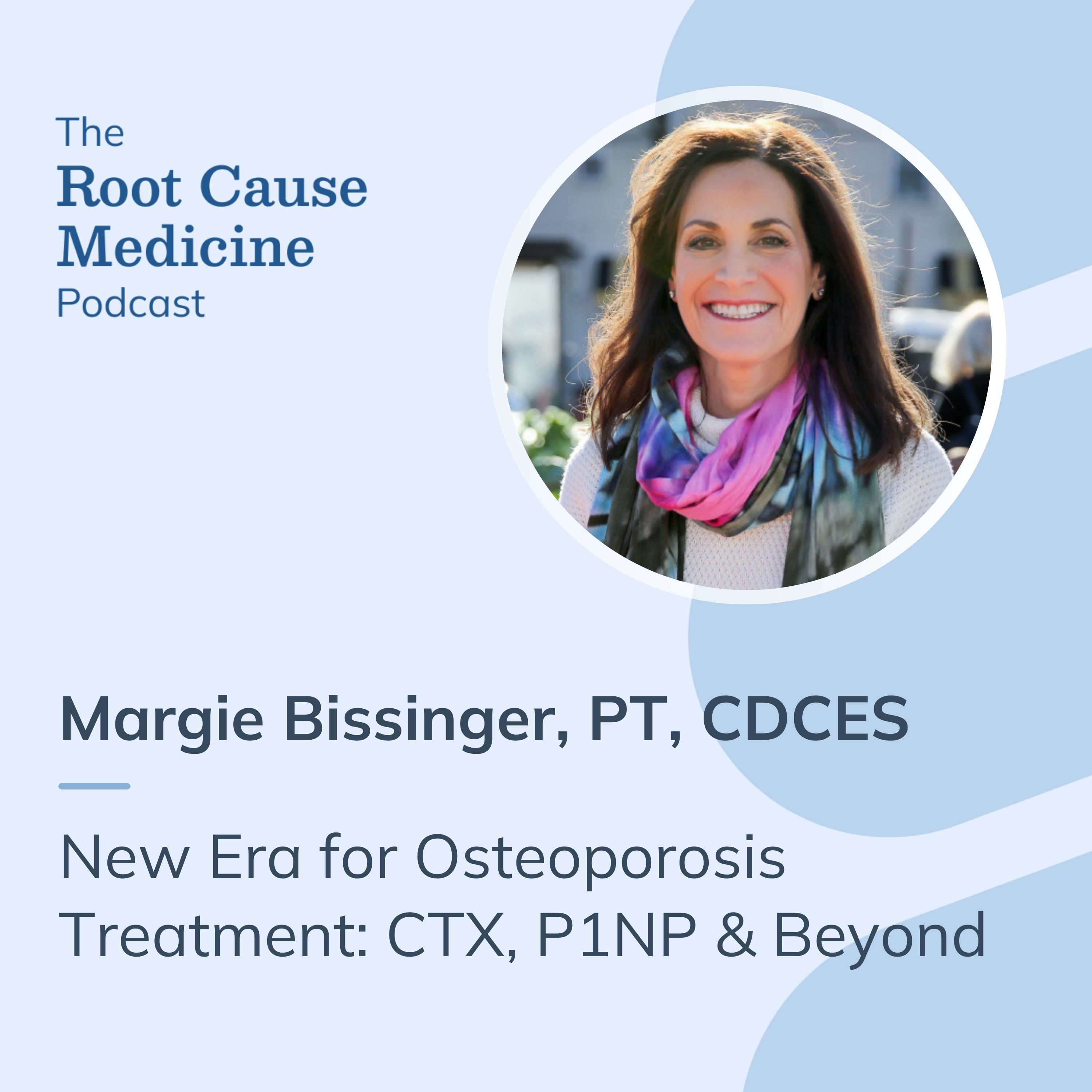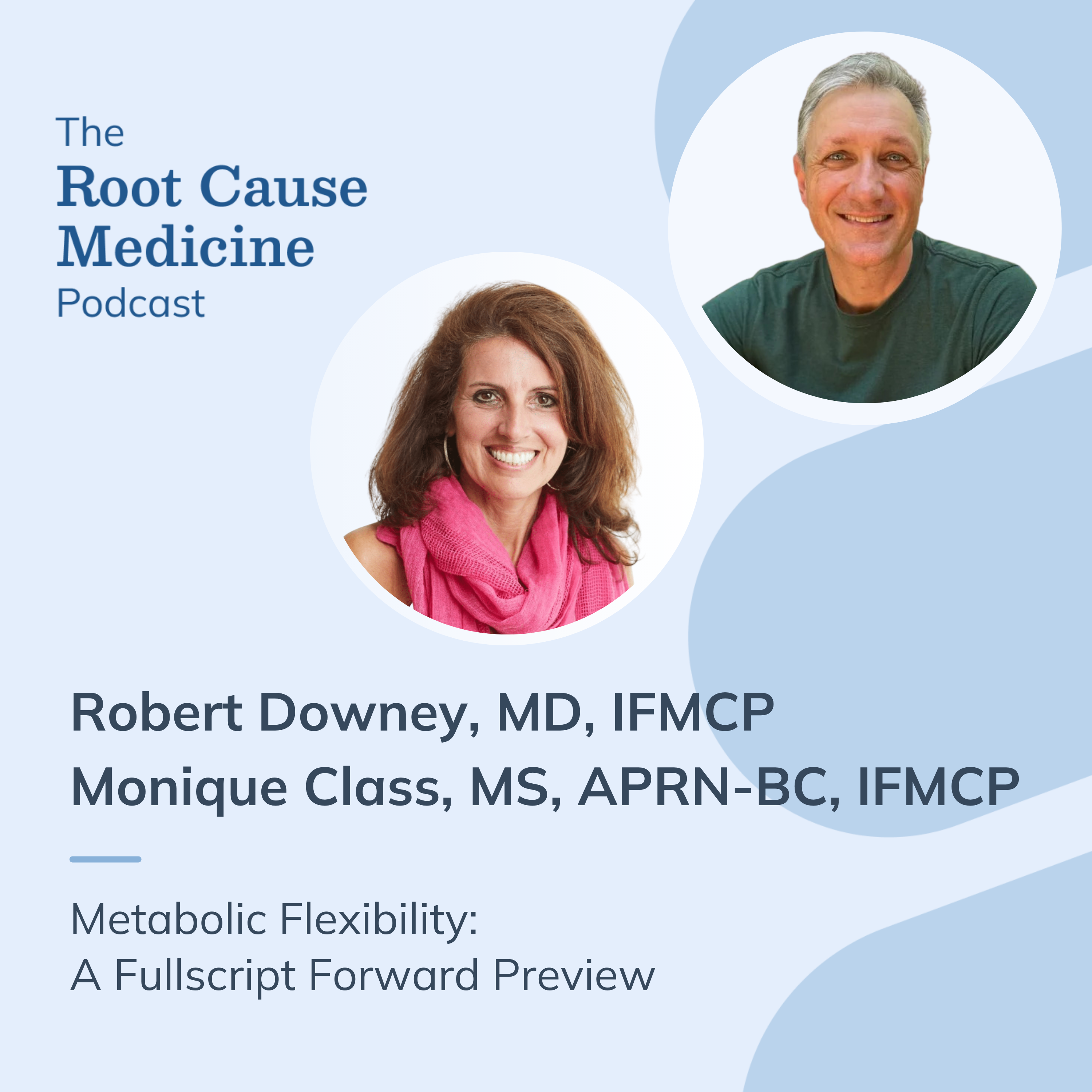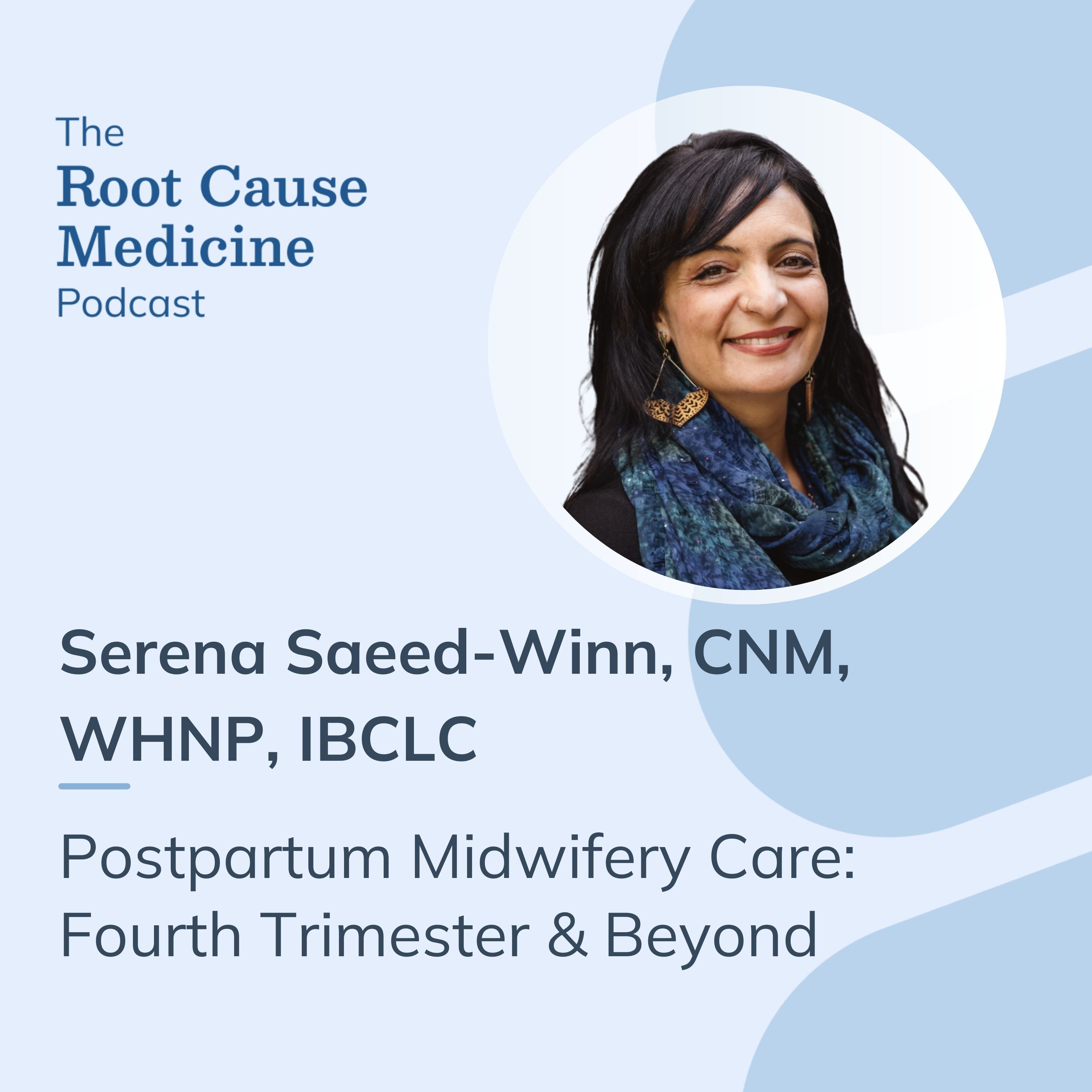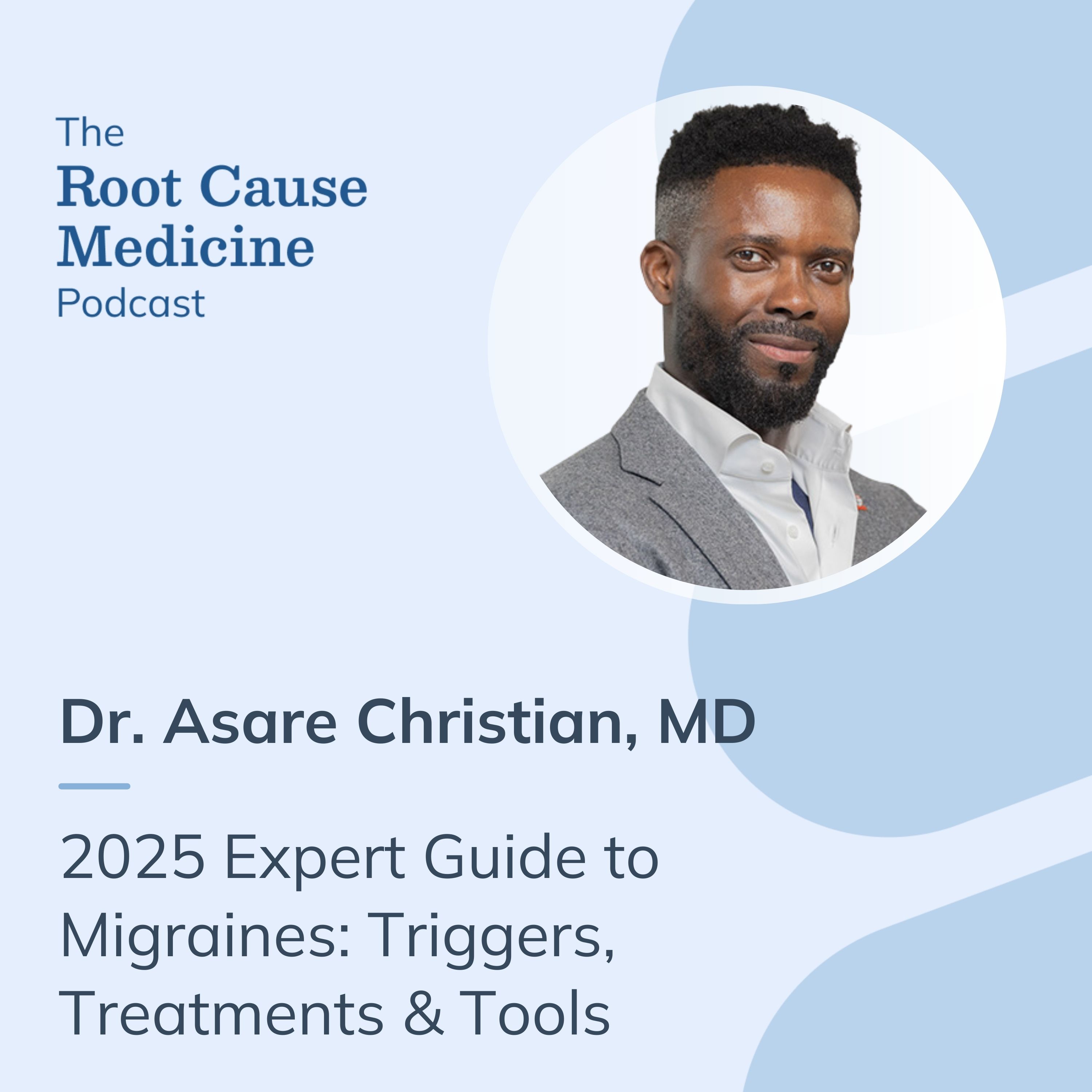Magnesium is arguably one of the most important minerals for human health, supporting over 300 enzyme systems that perform as many as 600 critical functions including energy production, muscle contraction, nervous system regulation and many, many more.
Magnesium is abundant in many plant-based foods including grains, nuts, seeds, and vegetables; it’s also found in some animal-based foods. Unfortunately, many people still fail to get enough magnesium in their diets, leading to deficiencies that impact overall wellness.
Magnesium supplements can help address dietary deficiencies; today, many forms of magnesium supplements are available. Of these, magnesium glycinate is a popular choice due to its high bioavailability and gentle impact on the stomach. It also offers many additional benefits, making it a preferred option for boosting daily magnesium intake.
This article provides a comprehensive overview of magnesium glycinate, its benefits, and how it can improve your health.
[signup]
Why Magnesium Matters: The Essential Mineral
Magnesium, an essential mineral involved in roughly 600 enzymatic reactions, is necessary for energy production, protein synthesis, and overall cellular function.
It’s the second most common mineral found inside our cells, with most of our body’s magnesium stored in bones, muscles, and soft tissues. It helps enzymes work, controls calcium levels, stabilizes DNA and RNA, and supports cell growth and repair.
Even though it's very important for our health, many people don’t get enough magnesium due to poor diets and other issues, which can lead to health problems like heart disease and brain disorders.
Magnesium’s Health Benefits
With many functions inside the trillions of cells in our bodies, magnesium has so many benefits to human health:
- Supports Neurological Health: reduces migraines, improves sleep, and helps manage conditions like depression and epilepsy.
- Enhances Cardiovascular Function: stabilizes heart rhythms, lowers blood pressure, and reduces inflammation.
- Strengthens Bones: promotes bone density and supports osteoblast activity, reducing fracture risk.
- Improves Muscle Function: regulates calcium for proper muscle contraction, reducing cramps and spasms.
- Boosts Immunity: supports immune cell development and reduces inflammation and oxidative stress.
- Supports Metabolic Health: may improve insulin sensitivity and glucose metabolism; one large meta-analysis of over 500,000 participants found a reduced incidence of diabetes in people with higher magnesium intake.
- Protects the Liver: plays a role in fat metabolism and may reduce risks associated with liver diseases.
- Promotes Respiratory Health: relaxes airway muscles, reducing symptoms of asthma and improving lung capacity.
RDA of Magnesium
The Recommended Dietary Allowance (RDA) for magnesium varies by age and sex:
- Adult Men: 400-420 mg/day
- Adult Women: 310-320 mg/day
- Pregnant Women: 350-360 mg/day (pregnant teens need slightly more, about 400 mg/day, as they are still growing and developing)
- Breastfeeding/Lactating Women: 310-320 mg/day (lactating teens need slightly more, about 360 mg/day)
- Teens and Adolescents: 360-410 mg/day
Symptoms of Magnesium Deficiency
A lack of magnesium can cause:
- Fatigue and weakness
- Muscle cramps or spasms
- Mood changes and nervous system symptoms, including irritability, anxiety, nervousness, or tremors
- High blood pressure or irregular heartbeats
Dietary Sources of Magnesium
Foods rich in magnesium include leafy greens, nuts, seeds, whole grains, and legumes.
Some top food sources of magnesium include:
- Seeds and nuts: pumpkin seeds (156 mg per ounce), chia seeds (111 mg per ounce), almonds (80 mg per ounce), and cashews (74 mg per ounce)
- Leafy greens: spinach (78 mg per ½ cup, boiled)
- Legumes: black beans (60 mg per ½ cup, cooked), edamame (50 mg per ½ cup, cooked), and peanut butter (49 mg per 2 tablespoons)
- Whole grains: brown rice (42 mg per ½ cup, cooked) and whole wheat bread (23 mg per slice)
- Fortified foods: breakfast cereals and oatmeal may have added magnesium
Processing food reduces magnesium, so eating unprocessed whole foods as much as possible ensures maximum dietary benefits.
Magnesium supplements like magnesium glycinate can help bridge the gap for those who struggle to meet the RDA through diet alone.
What is Magnesium Glycinate?
Magnesium glycinate is a supplement that combines magnesium with glycine, an amino acid.
Magnesium glycinate, an organic form of magnesium, is better absorbed than many other magnesium supplements, especially nonorganic forms like magnesium oxide or magnesium sulfate.
An “organic form” simply means that the magnesium is bound to an organic molecule, in this case glycine.
Magnesium glycinate is also gentler on the digestive system, reducing the risk of stomach upset or diarrhea, which are common with other forms such as magnesium citrate or magnesium oxide.
In addition to being gentle on the digestive system, magnesium glycinate is favored for its dual benefits: it replenishes magnesium levels while delivering glycine, a compound with its own health-promoting properties.
This supplement is especially beneficial for individuals struggling with stress, poor sleep, muscle cramps, or magnesium deficiency.
How Magnesium Glycinate Compares to Other Magnesium Types
- Magnesium Oxide: high magnesium content but poor absorption. One paper reported that magnesium oxide had one of the lowest absorption efficiencies in both in vitro and in vivo tests.
- Magnesium Citrate: good absorption but may cause diarrhea in high doses.
- Magnesium Chloride: highly absorbable but can taste unpleasant.
- Magnesium Glycinate: combines high absorption with a gentle effect on the digestive system.
The Role of Glycine in Magnesium Glycinate
Glycine is a small, nonessential amino acid with many important roles in the body. Despite being classified as nonessential, its natural production may be insufficient for optimal health, making it a conditionally essential amino acid.
Glycine has many functions in the human body:
Glycine’s Health Benefits
Glycine has several health benefits apart from those provided by magnesium. The health benefits of glycine include:
- Supports Essential Molecules and Protein Production: glycine is a key building block for antioxidants like glutathione, energy producers like creatine and purines, oxygen transporters like heme, enzyme components like porphyrins, and proteins like collagen.
- Boosts Immunity, Digestion, and Metabolism: glycine helps control immune signals (through proteins called cytokines), calcium levels, and bile acids for digesting fats and vitamins, while supporting metabolism, growth, and survival.
- Liver Protection: helps prevent liver damage from alcohol, reduces oxidative stress, and balances lipids. Supports recovery from toxins and fatty liver disease.
- Anti-inflammatory: lowers inflammation by blocking harmful proteins like TNF-alpha, helping with conditions such as arthritis, colitis, and shock caused by infections.
- Cancer Prevention: slows tumor growth and reduces abnormal cell production.
- Organ Transplant Support: protects organs from damage during transplant procedures, improving success rates.
- Heart Health: reduces heart damage from low blood flow (ischemia) and helps lower blood pressure.
- Digestive Health: guards against stomach ulcers and intestinal damage by helping maintain the integrity of the intestinal lining.
- Helps with Relaxation and Sleep: glycine works with brain chemicals to improve sleep and lower anxiety.
- Supports Brain and Nerve Health: glycine keeps brain signals balanced, helps the brain grow, improves how we sense things like sight and sound, and may help treat brain disorders. (16, 25)
- Supports Muscle Recovery: glycine helps repair damaged tissues and reduces inflammation.
In magnesium glycinate, glycine not only enhances absorption but also amplifies the supplement’s calming effects, making it particularly beneficial for stress and sleep.
Benefits of Magnesium Glycinate
Magnesium glycinate combines the health benefits of magnesium and glycine, providing a highly bioavailable and gentle magnesium supplement that supports various aspects of health:
Supports Neurological Health and Promotes Relaxation
Reduces migraines, enhances sleep quality, and interacts with neurotransmitters to soothe an anxious mood and promote mental calmness.
Enhances Cardiovascular Function
Stabilizes heart rhythms, lowers blood pressure, reduces inflammation, and protects against ischemic heart damage.
Supports Bone and Muscle Health
Promotes bone density, reduces fracture risk, and prevents muscle cramps and spasms by regulating calcium.
Boosts Immunity and Reduces Inflammation
Supports immune cell development, reduces oxidative stress, and helps manage inflammatory conditions like arthritis and colitis.
Supports Liver Health
Protects against liver damage, balances lipids, and aids in recovery from fatty liver disease and alcohol-related damage.
Improves Metabolic Health
Enhances insulin sensitivity, glucose metabolism, and reduces the risk of diabetes.
Aids in Muscle Recovery
Repairs tissue damage and reduces inflammation for faster recovery after physical stress.
How to Take Magnesium Glycinate
When considering using a new supplement, always speak with your doctor to confirm its safety and ensure proper dosage for your particular health needs and goals.
Recommended Dosage
While general recommendations are available, always follow your healthcare provider’s dosing instructions. For reference, the Mayo Clinic provides the following general recommendations for magnesium supplementation:
- Adult and teenage males—270 to 400 milligrams (mg) per day
- Adult and teenage females—280 to 300 mg per day
- Pregnant females—320 mg per day
- Breast-feeding females—340 to 355 mg per day
- Children 7 to 10 years of age—170 mg per day
- Children 4 to 6 years of age—120 mg per day
- Children birth to 3 years of age—40 to 80 mg per day
Specific Conditions
Higher doses may be needed for sleep or muscle health but should be monitored by a doctor.
Magnesium Glycinate Dosing in Functional Medicine
Increasingly, doctors are turning to functional medicine testing to provide highly individualized treatment plans for their patients, including personalized nutrient dosing strategies.
By using special testing such as a micronutrient test, functional medicine providers can provide personalized dosage recommendations and work closely with patients to adjust their dosage based on their response to treatment.
Best Time to Take Magnesium Glycinate
For sleep: take 30 minutes before bedtime.
For stress or general health: take in the morning with food.
Practical Tips
Start with a lower dose and gradually increase to avoid side effects.
Split the dose into two servings (morning and evening) for better absorption.
Potential Side Effects and Safety Considerations
While magnesium glycinate is known for its gentle impact on digestion and is less likely to cause loose stools or other gastrointestinal problems compared to other forms of magnesium, taking excessive amounts can still lead to issues such as nausea, vomiting, diarrhea, or stomach discomfort.
Those with kidney disease, severe heart conditions, or those who are pregnant, lactating, and/or taking medications should consult a healthcare provider before taking magnesium supplements.
How to Choose a Quality Magnesium Glycinate Supplement
To ensure you’re getting a high-quality product:
- Look for certifications: choose supplements with third-party testing or GMP certification.
- Check the label: ensure it lists "magnesium glycinate" or "bisglycinate" as the main ingredient.
- Avoid fillers: steer clear of unnecessary additives like artificial colors or binders.
- Ensure your product is produced by reputable brands: look for pharmaceutical-grade products, or ask your licensed healthcare provider for recommendations
[signup]
Key Takeaways
- Magnesium supports over 300 enzyme systems, playing a vital role in energy production, muscle function, nervous system regulation, and overall cellular health. Despite its importance, many people fail to meet their daily magnesium needs, increasing the risk of health problems.
- Magnesium glycinate is a highly bioavailable and gentle form of magnesium, making it a top choice for addressing deficiencies. It is particularly beneficial for individuals with digestive sensitivities or those seeking additional support for sleep, stress, and muscle recovery.
- Combining magnesium and glycine, this supplement not only replenishes magnesium levels but also provides calming and anti-inflammatory effects to enhance relaxation, cardiovascular health, and metabolic function.












%201.svg)







